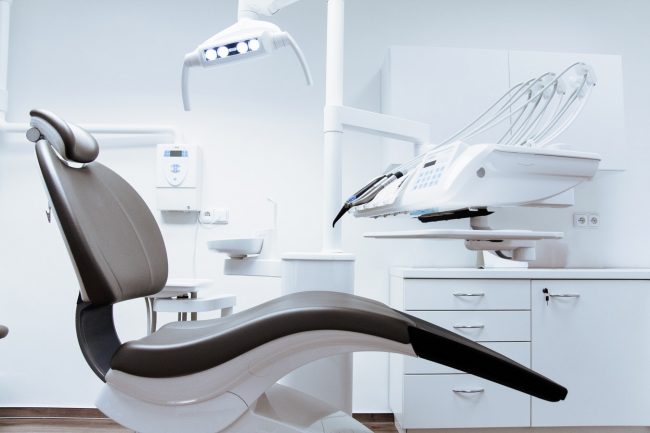 Wisdom Teeth Facts from Walloon Dental (via @fr3nks at Unsplash.com)
Wisdom Teeth Facts from Walloon Dental (via @fr3nks at Unsplash.com)When do they occur?
Wisdom teeth commonly erupt in the late teenage years to the early twenties. That said, we’ve sometimes seen cases as young as 14 and as late as 39.You’ll know when they’re erupting if you feel soreness in the gums behind your last teeth and this can occur with or without swelling.What should I do if I think they’re coming in?You should book in for an examination of them. During this appointment we’ll:
- Do a visual exam to see if and where they’re erupting
- Take x-rays in the clinic or refer you away for a whole mouth X-Ray to see where they are relative to any nearby nerves and to observe any anatomy like the number of roots or the angle or kink of any roots.
What normally needs to happen to them?
Despite popular opinion – wisdom teeth do not always have to be taken out. A few different options are available for wisdom teeth:
- If erupting, there is enough space for them and you can keep them clean enough – we can keep them as they are for you to chew with. It is strongly encouraged you come back routinely for check ups if this is the case as they need regular review in case they get holes or gum infections around them.
- We can sometimes leave unerupted wisdom teeth as they are if they are not moving or causing other teeth damage – again routine check up appointments are important.
- They need to be removed as it is not safe to leave them there long term.
How does the extraction usually happen?
Extractions vary in difficulty depending on how difficult the wisdom teeth are. Aspects which make teeth more difficult are:
- Difficult access.
- Difficult anatomy of the tooth.
- Difficult anatomy because of surrounding nerves and sinuses.
- Hard or older bone around wisdom teeth.
What should I do to help it heal afterwards?
It is very normal to feel discomfort with swelling for 2-3 days afterwards and mild discomfort for 2-3 weeks. Most patients are back at work after 1-2 days of rest. We recommend a soft diet in the first 2-3 days (such as scrambled eggs, custard etc), together with warm salt water rinses to keep the site clean. You may need to take pain relief in the form of paracetamol (Panadol) or ibuprofen (Nurofen) if you can take them. After every extraction, we will tailor an individual plan for our patients to make sure they know how best look after the healing area for them.